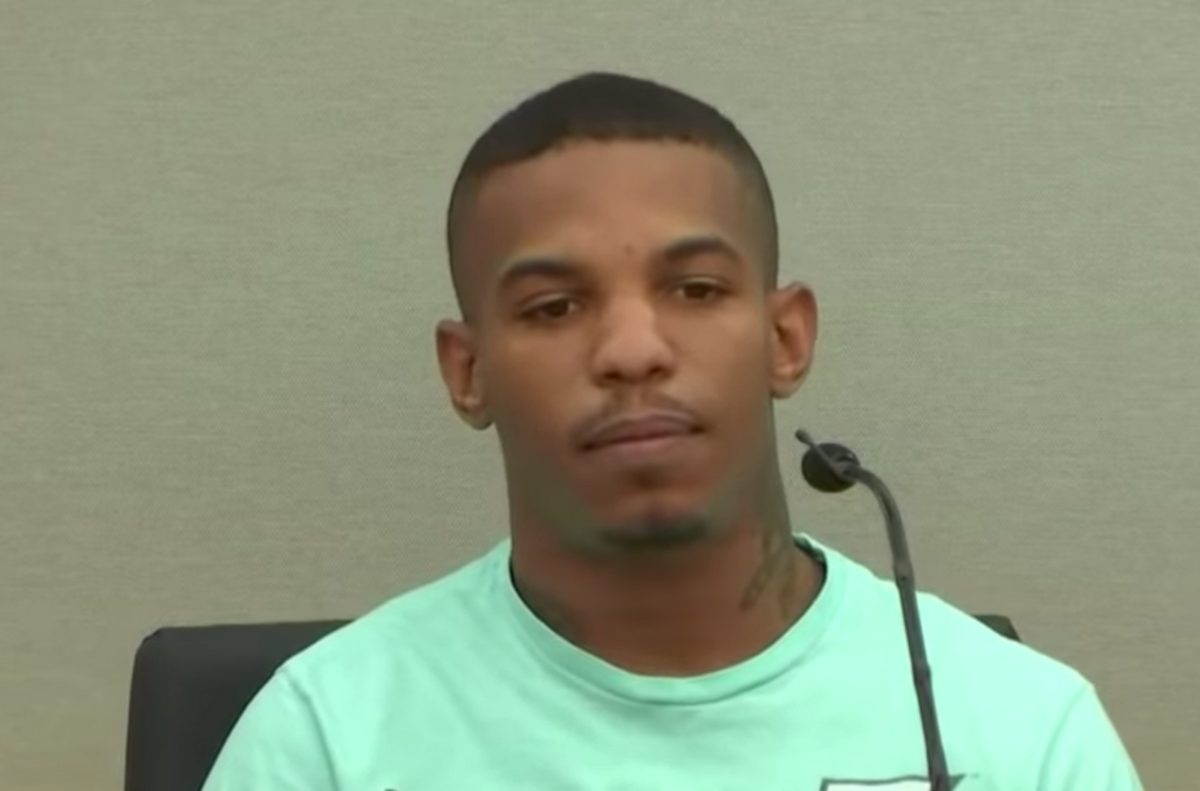Conspiracy theories were once routinely dismissed by reasonable people—until professors and politicians gave conspiracy theories a new name: social justice.
In an article about white privilege last year, I said, “[the] government is not secretly plotting my demise. I do not believe Justin Trudeau—and Donald Trump for Black Americans—is clever enough to pull that off, anyway. I do not believe in conspiracy theories.”
When we think about conspiracy theories, white privilege and systemic racism are probably not the first words that come to mind. When we think about conspiracy theories, we probably think of conspiracy theories about Apollo 11, the September 11 attacks, the Sandy Hook shooting, and more recently, Jeffrey Epstein’s death.
The fundamental characteristics of conspiracy theories are suspicion and slander, and these characteristics also form much of the basis for social justice ideology.
The Oxford English Dictionary defines a conspiracy theory as “the theory that an event or phenomenon occurs as a result of a conspiracy between interested parties—a belief that some covert but influential agency (typically political in motivation and oppressive in intent) is responsible for an unexplained event.”
Earlier this year, I reviewed The Color of Compromise: The Truth about the American Church’s Complicity in Racism by Jemar Tisby. In the book, Tisby outlines a history of systemic racism within the American political system and the American Church—a history of complicity in systemic racism that Jemar Tisby argues remains to this day.
However near the end of the book, Jemar Tisby writes, “At this point, readers of this book may be wondering if we will find the proverbial “smoking gun”—explicit evidence that connects the American church with overt complicity in racism. While there is no smoking gun here, we must remember that even though racism never goes away, it adapts.”
In other words, Jemar Tisby doesn’t have evidence for his accusations. His accusations about the American government’s and the American’s Church’s supposed systemic racism against Black Americans today is developed by suspicion and slander. His words are in line with the Oxford English Dictionary’s definition for conspiracy theories. His accusation is a theory—a conspiracy theory, not a fact.
Social justice is essentially the political agenda of a philosophy called critical theory. Critical theory is a more broad version of Karl Marx (and Max Weber’s) conflict theory. Marx’s conflict theory suggests there is a class conflict or class struggle between the upper class and lower class, resulting in oppression against the lower class by the upper class.
Critical theorists affirm Marx’s ideas about class struggle, however they expand on Marx’s ideas by developing a framework that attempts to identify conflicts, inequalities, and disparities between other groups in society.
Critical theorists identity these groups by an intersection of class, ethnicity, gender, sexuality, and more. Then they make the (conspiracy) theory that members from these intersecting identities who experience the most challenges and unexplained disparities in society are victims of systemic oppression by the more privileged members in society.
This is why social justice activists consistently attack “old, straight, white, males.” Because by expanding Karl Marx’s ideology: old, straight, white males are the epitome of a bourgeoisie, oppressive group. And young, gay, Black women are the epitome of a proletariat, oppressed group.
Two weeks ago, Joshua Brown, a key witness for the prosecution in the trial against police officer Amber Guyger , was murdered days after his testimony. Immediately, many social justice activists suggested that Brown was murdered by police officers because of his testimony against Guyger.
To be fair, it’s not ridiculous to consider that possibility. After all, Amber Guyger was a police officer who murdered an innocent Black man. However, there’s a sharp line between considering that possibility and condemning potentially innocent people.
Nevertheless, without any evidence whatsoever, many social justice activists many Christians—developed a (conspiracy) theory that racist police officers were guilty of murdering Joshua Brown.
And when police officers arrested Black men who allegedly murdered Joshua Brown after a drug deal, the social justice activists—including some Christians—suggested the arrests were part of a conspiracy by the Dallas Police Department to cover-up their role in murdering Joshua Brown.
That is a conspiracy theory. And maybe you don’t believe that Joshua Brown was murdered by the Dallas Police Department. However, if you believe the government is secretly plotting the demise of its Black citizens, are you any different?
